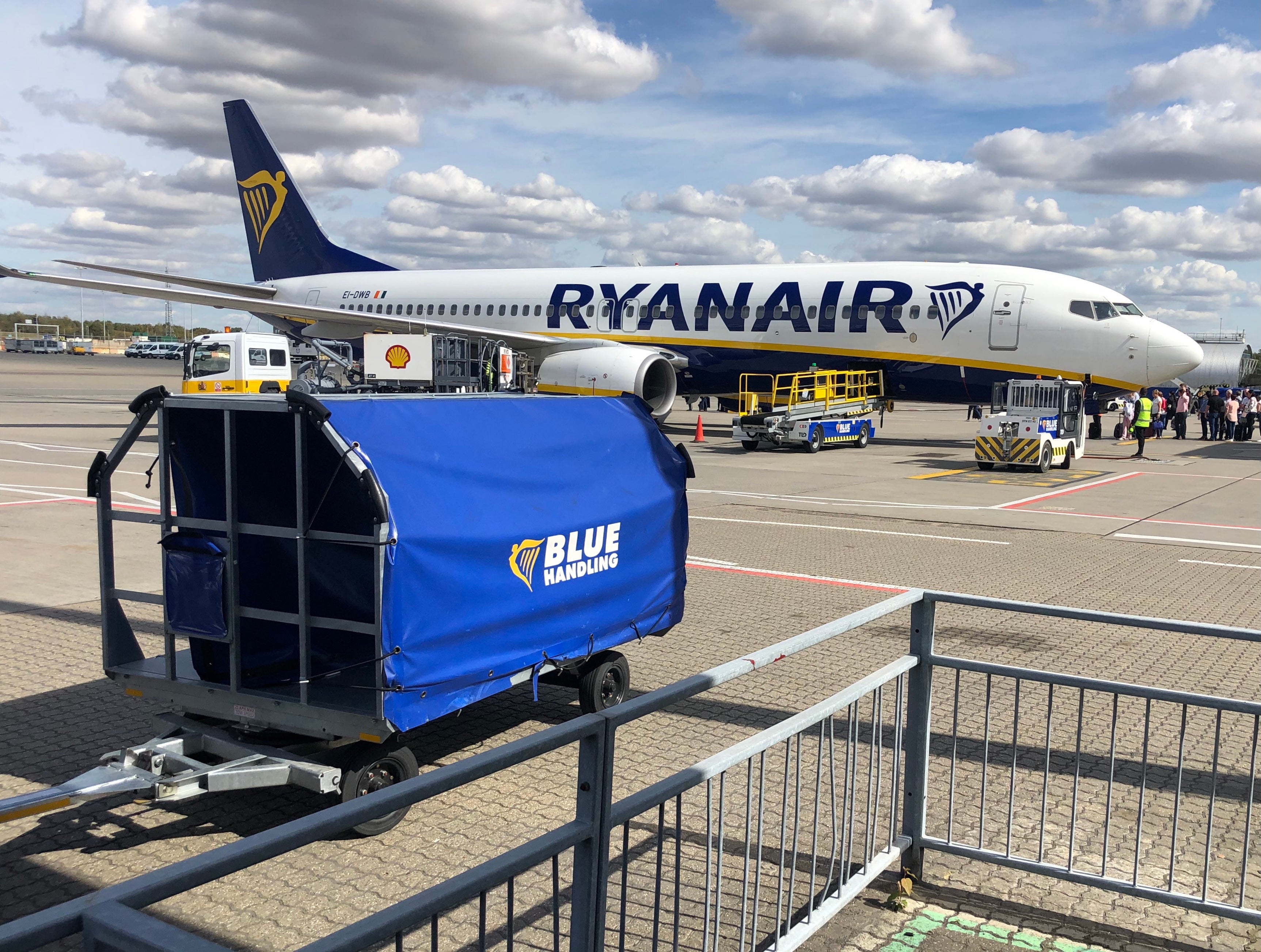While British Airways and Ryanair are laughing, unhappy fliers lose out again
Watchdog says ‘law does not provide passengers with a sufficiently clear right to a refund’ on flights they were legally unable to take as a result of pandemic restrictions, writes James Moore


The wings of Britain’s aircraft passengers have been well and truly clipped by the Competition and Markets Authority (CMA), which has decided to play a very British game of pass the buck when it comes to the vexed subject of refunds.
In June the watchdog, with some fanfare, launched a probe into British Airways and Ryanair over their failure to offer refunds to people booked on a specific category of flights: those that went ahead but which their passengers could not legally take as a result of the Covid regulations in force at the time.
BA offered customers vouchers or rebooking. Ryanair provided the option to rebook but without its customers incurring the customary rebooking fee. Thanks guys!
Actually, given how much Ryanair loves the ancillary revenues it gets from fees, that’s not an insignificant concession.
But I digress: having completed its review, the watchdog has decided to get off the plane having thoroughly washed its hands of the problem. “After a thorough examination of relevant law, and the evidence it had gathered during its investigation, the CMA has concluded that the law does not provide passengers with a sufficiently clear right to a refund in these unusual circumstances to justify continuing with the case,” it said.
If an airline cancels your flight, you’re good because that means it is not providing the contracted service you paid for. But the law, says the CMA, “does not clearly cover whether people should be refunded when their flight goes ahead but they are legally prohibited from taking it”.
Faced with such a muddle, the regulator could have rolled up its sleeves and stepped in on behalf of the innocent consumer, accepting that it might, probably would, lead to a dust-up in the courts. But this is Britain. So of course it ducked the issue. It would like you to know, mind, that it looked jolly carefully at it and took expert advice from lots of clever people.
Now, I am well aware regulators have a tough job. They are constantly pilloried by the media and/or the public when things go wrong, even in cases where they are not obviously at fault. They are frequently put in lose-lose situations by people seeking to use them as cover for their own failings. It scarcely needs saying that those people usually inhabit offices in Whitehall and Westminster, where buck-passing has been turned into something close to an Olympic sport.
Even when things are going well, watchdogs are still regularly accused of stifling innovation and killing jobs by wrapping the economy up in red tape, despite the fact that the public would be prey to all kinds of corporate misdeeds if they didn’t impose and enforce rules.
As a result, I’m usually wary of laying into them. But this is bush league stuff from the CMA. Testing the law where it’s unclear in a situation like this ought to be seen as an important part of its job. Yes, it would be difficult, time-consuming and maybe expensive. The result might not be happy for the watchdog or for consumers. The airlines would clearly ask why they should foot the bill for decisions they had no part in taking.
Still, the consumer is entitled to wonder what the regulator is for if it isn’t willing to take on cases like this. But wait, what’s this? Andrea Coscelli, the CEO of the CMA, has something to say: “Given the importance of this to many passengers who have unfairly lost out, we hope that the law in this area will be clarified.”
Over to you, then, you people in government. There’s a certain justice in his openly passing the buck like this, given the way the shoe is so often on the other foot. It is mildly amusing to see ministers made subject to the treatment they more usually mete out. But the people Coscelli cries crocodile tears for – those who have lost out – could be forgiven for missing the joke.

Join our commenting forum
Join thought-provoking conversations, follow other Independent readers and see their replies
Comments